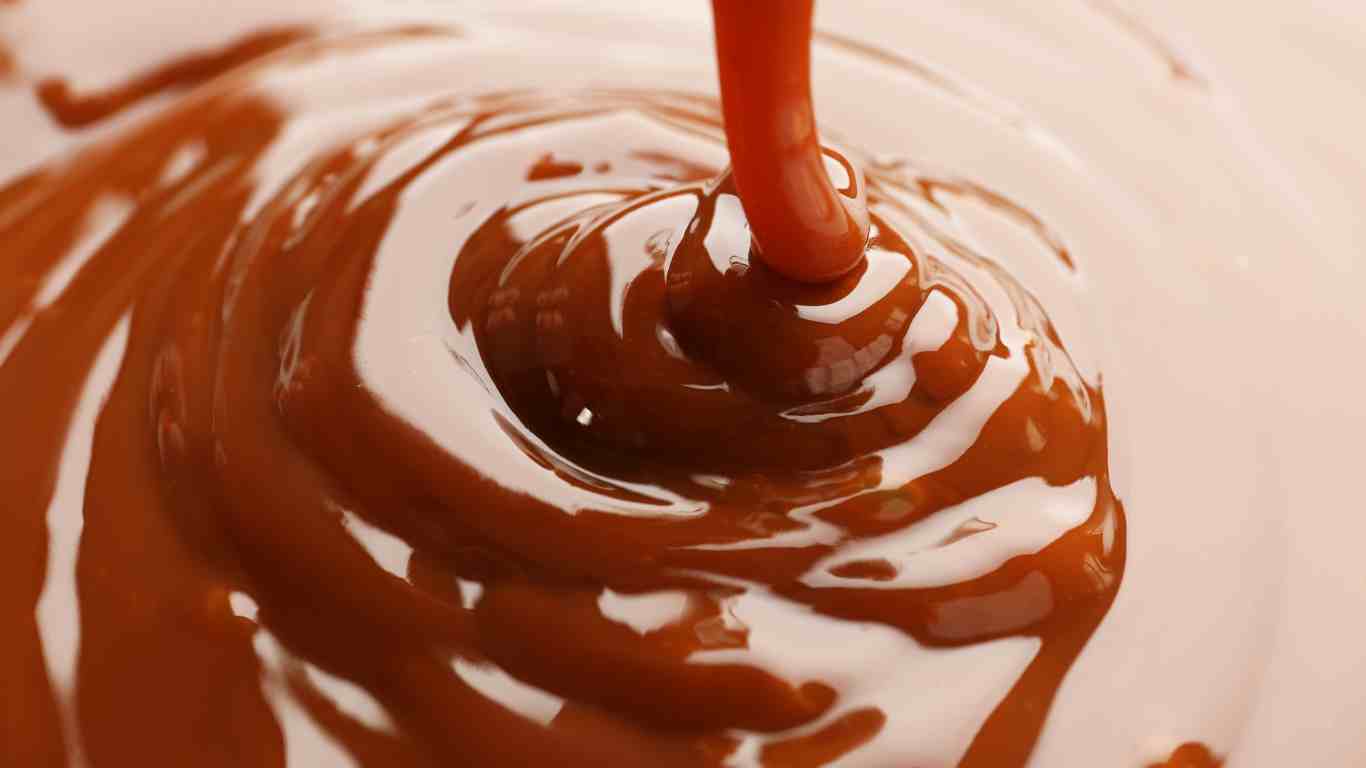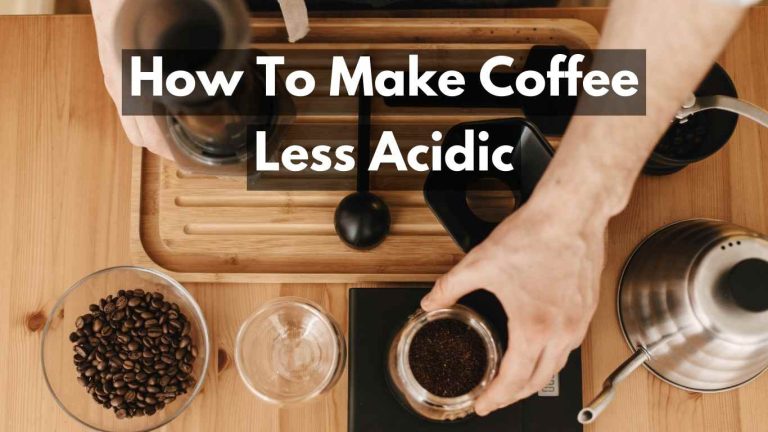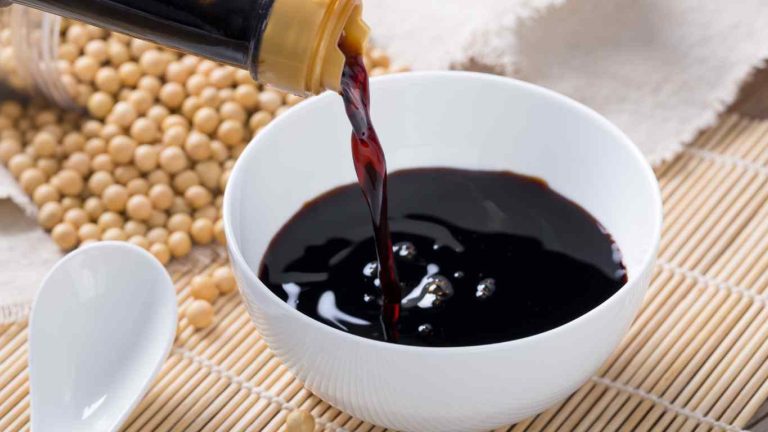Is Caramel Vegan? Unveiling the Sweet Truth
Did you know that the global vegan food market value is estimated to reach approximately 24.3 billion U.S. dollars by 2026? With the world becoming more conscious about ethical eating, the question on many dessert lovers’ lips is, “is caramel vegan?”
While caramel, with its gooey texture and indulgent sweetness, is a staple in countless treats, its vegan status remains a hot topic. Hidden beneath the surface of this confectionary treasure you’ll often find dairy products like butter and heavy cream, which are a no-go for those adhering to a vegan lifestyle. But don’t be disheartened just yet—find respite in knowing that there are scrumptious vegan caramel options making waves in the food industry.
From dairy-free caramel sauces to decadent vegan dessert toppings, the pursuit for animal-free delights has carved out a new era for plant-based indulgence.
Is Caramel Vegan? Core Insights:
Understanding the Basic Composition of Caramel
Delving into the world of sweets, you’ll soon discover that caramel is a confectionary staple with a rich history and an even richer flavor profile. The basic composition of caramel is a symphony of simple ingredients that, when heated, undergo a series of chemical reactions to create the lusciously golden treat we know and love. However, for those looking for plant-based caramel, the traditional inclusion of dairy ingredients presents a unique challenge. Fear not, as modern culinary innovation has paved the way for caramel without animal products, ensuring that everyone can indulge in the sweetness of caramel guilt-free.
Common Ingredients Found in Caramel
At its core, caramel is made by caramelizing sugars at high temperatures. The process is an art form, one that requires a watchful eye and a steady hand. Each ingredient plays a pivotal role in constructing its distinct flavor and texture; from the sugar that forms the foundation to the dairy that has traditionally provided its creamy mouthfeel. However, the rise of non-dairy caramel recipes has introduced a swath of plant-based substitutes that beautifully mimic the classic taste.
Heating Sugars: The Process Behind Caramelization
To create caramel, sugar molecules break down under the influence of heat, initiating the caramelization process. As the temperature inches toward 300 degrees Fahrenheit, these sugars start to brown and develop a deep, complex flavor unique to caramel. This heat-sensitive procedure can make or break the final product, turning simple sugars into the amber-hued delight associated with some of our favorite desserts.
The Role of Dairy in Traditional Caramel
The silky texture of conventional caramel largely owes its characteristics to the incorporation of dairy. Ingredients like butter and cream are central to achieving the rich taste that has defined caramel for generations. Yet, veganism has inspired a culinary revolution, birthing recipes that embrace the sumptuousness of caramel while respecting the principles of a dairy-free lifestyle. Let’s peek at how today’s caramel makers substitute traditional dairy elements to craft vegan versions that stand up to their classic counterparts.
| Traditional Dairy Ingredient | Plant-Based Alternative | Result in Caramel |
|---|---|---|
| Butter | Coconut oil, vegan butter | Richness and smooth texture |
| Heavy Cream | Coconut milk, almond milk | Creamy mouthfeel |
| Condensed Milk | Condensed coconut milk | Sweetness and thick consistency |
Witnessing the transformation of caramel into a treat that aligns with ethical eating habits is nothing short of inspiring. Through the integration of plant-based milks and butter alternatives, the enigmatic chemistry of caramel remains intact, underlining the adaptability and creativity inherent in vegan cooking and confectionery. Whether you’re a seasoned vegan or simply exploring plant-based caramel options, the journey into caramel’s composition reveals a versatile world of flavor waiting to be savored.
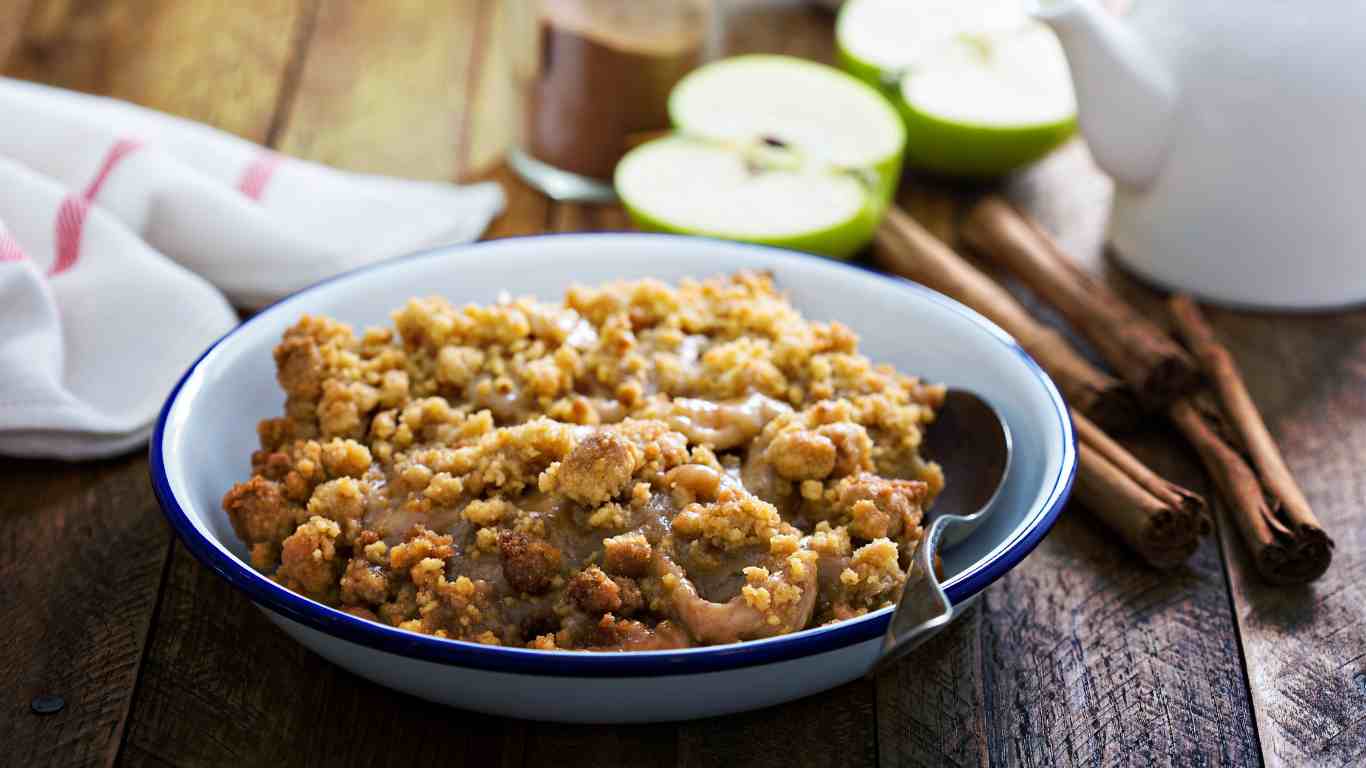
Is Caramel Vegan? Investigating Traditional Recipes
Delving into the realm of traditional caramel treats, you might be wondering, “Is it possible to find vegan caramel?” While the classic caramel-making process often utilizes dairy for that sought-after creamy taste, the good news is that vegan-friendly caramel options are available. When you’re in search of that perfect blend of sweet and gooey without the dairy, knowing where to look can make all the difference in enjoying vegan sweets with caramel.
Satisfying your sweet tooth does not have to mean compromising your vegan principles. Here’s a helpful guide to spotting truly vegan sweets and bypassing those that only seem to be.
| Candy | Main Non-Vegan Ingredients | Vegan-Friendly Alternatives |
|---|---|---|
| Reese’s Peanut Butter Cups | Milk Chocolate, Non-Fat Milk | Dark Chocolate Peanut Butter Cups (Brand: Justin’s) |
| Hershey’s | Milk Fat, Lactose | Organic Chocolate Bars (Brand: Theo) |
| Baby Ruth | Skim Milk, Whey | Chocolate Nougat Bar (Brand: Go Max Go Foods) |
Being vigilant about checking labels is your best bet when finding vegan caramel products. Keep an eye out for ingredients like gelatin, casein, and certain E numbers that can signal hidden animal derivatives.
Lastly, remember that vegan sweets with caramel often come from smaller brands dedicated to plant-based foods. Supporting these businesses not only lines up with your vegan lifestyle but also encourages the growth of vegan-friendly options in the market.
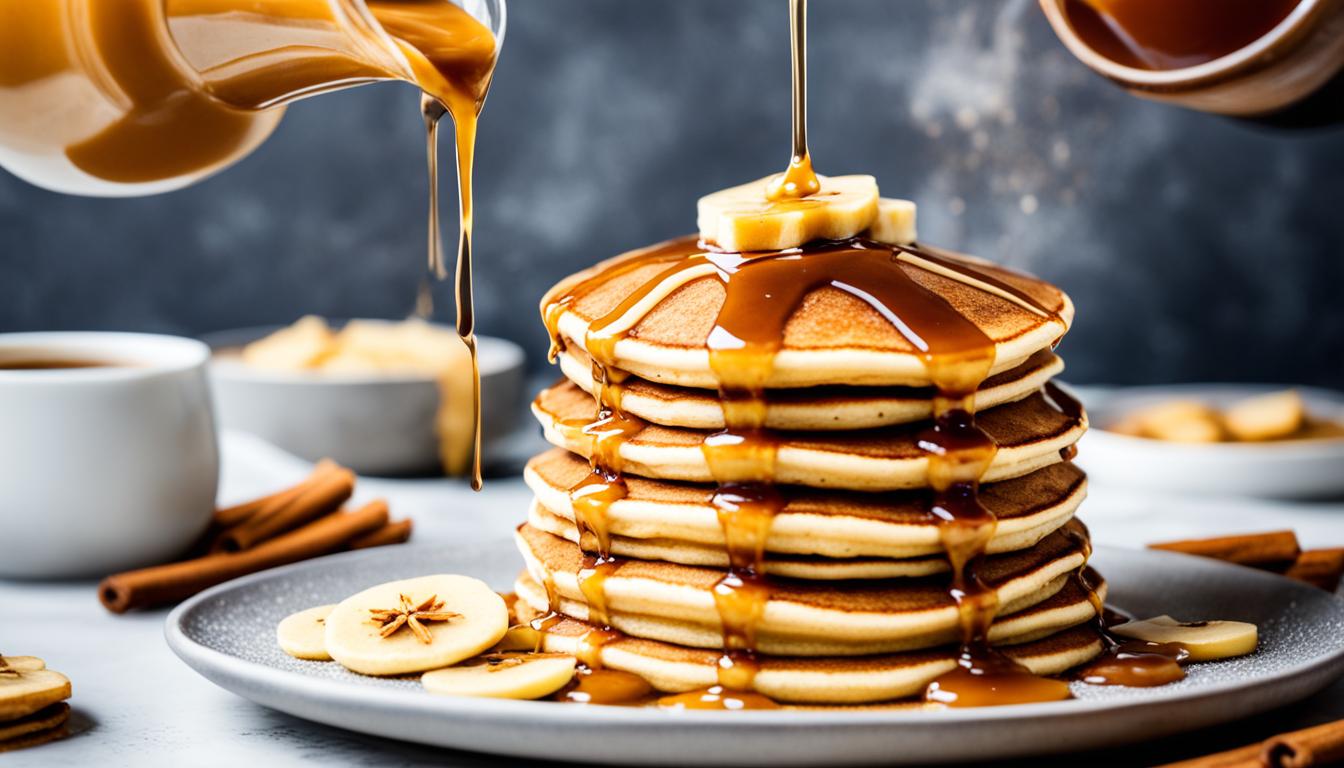
Whether you’re crafting your own caramel concoction at home or searching for ready-made indulgences, rest assured that vegan-friendly caramel can provide all the decadence without any dairy.
The Role of Sugar Processing in Vegan Diets
Understanding sugar processing is crucial when you’re exploring vegan caramel options. The source of sugar is a critical element in maintaining a truly vegan diet. If the caramel’s sweet base isn’t vegan, then even the most scrupulous avoidance of animal by-products in other areas can be undermined.
Refining with Bone Char: The Hidden Non-Vegan Ingredient
Would you believe that most conventional sugar undergoes a refinement process using bone char? It’s one of the industry’s open secrets. This charcoal—made from animal bones—helps achieve that pristine white color we associate with granulated sugar.
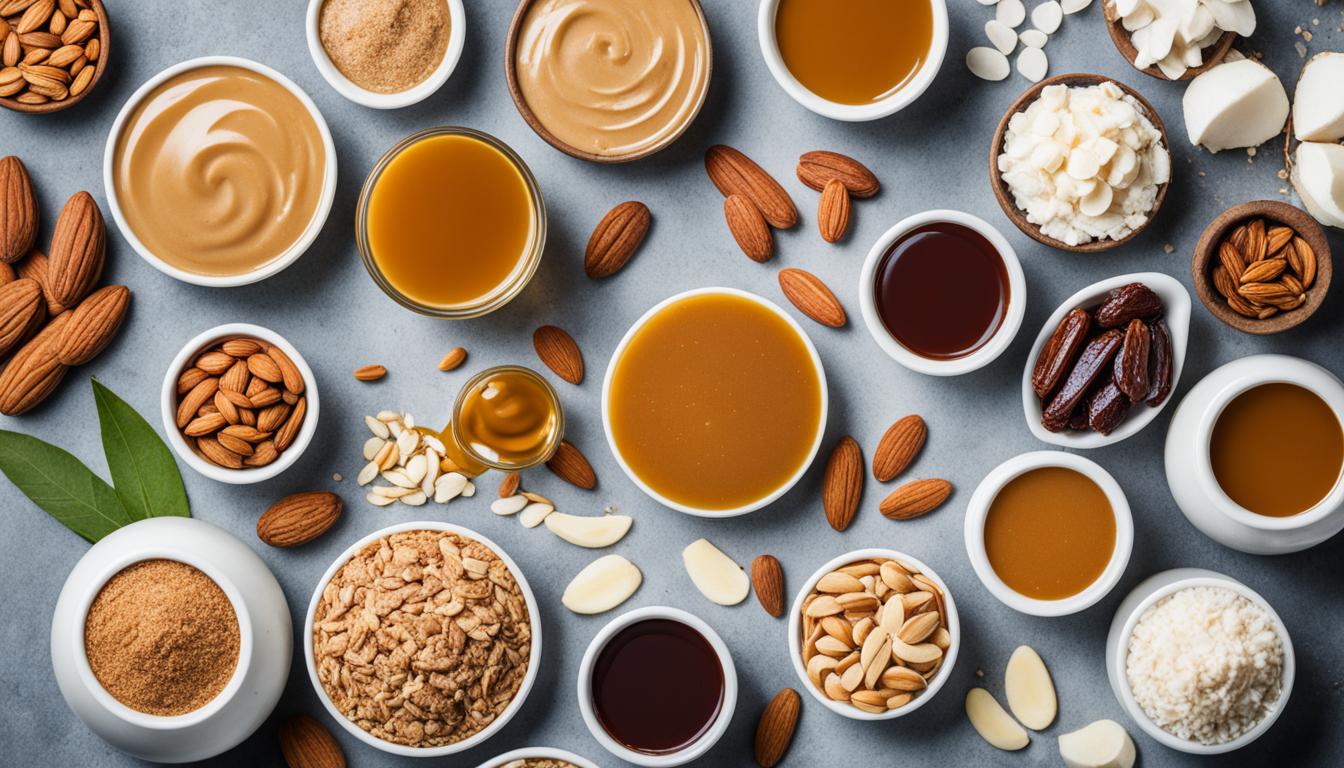
While the sugar itself doesn’t contain bone particles, this process disqualifies it from being considered vegan because it is directly tied to animal exploitation. Awareness is key, and seeking out dairy-free caramel has become synonymous with ensuring that every step of production is ethical.
Alternative Sugar Sources and Vegan Considerations
Thankfully, there are alternatives. Vegans can look for sugar labeled as ‘unrefined’ or ‘organic,’ both of which typically bypass the bone char process. The table below contrasts traditional sugar sources with vegan-friendly alternatives to guide you in choosing the right ingredient for caramel without animal products.
| Traditional Sugar Source | Vegan-Friendly Alternative | Notes |
|---|---|---|
| Granulated Sugar | Organic Cane Sugar | Free from bone char, but check for certification. |
| Brown Sugar | Unrefined Coconut Sugar | Natural and less processed with a rich flavor. |
| Powdered Sugar | Maple Syrup | Excellent for liquid sweetening, completely plant-derived. |
| Corn Syrup | Agave Syrup | Similar consistency, ideal for caramel textures. |
Employing these sugar alternatives can significantly enhance the authenticity of your vegan lifestyle. When seeking vegan caramel options, it’s not just about cutting out the dairy—it’s also ensuring that every component aligns with vegan ethics.

Identifying Animal-Derived Additives in Caramel Products
Exploring vegan caramel options is an adventure in scrutinizing labels and being vigilant about ingredients. Knowledge is power, and understanding what goes into the caramel you enjoy can make all the difference in maintaining a plant-based diet. Animal-derived additives are often cleverly disguised under technical names, making the task challenging but not impossible. Here’s what you should keep an eye out for on your quest for the perfect dairy-free caramel.
Gelatin: This gelling agent is commonly used to stabilize and thicken foods but is derived from animal collagen. Avoid products listing gelatin if you wish to keep your caramel indulgence strictly vegan.
- Casein: A type of milk protein found in some “non-dairy” items. Casein sneaks its way into many caramel sauces and confections, so double-check for its presence.
- Caramel Colorings: Some of these additives, notably E150, may utilize animal-derived ingredients in their production, potentially making them unsuitable for a vegan diet.
Sugar is a primary component of caramel, but its vegan status can be questionable. Watch for terms like bone char in your sugar’s processing – a red flag for those avoiding all animal products. Additionally, dextrose, though often plant-based, can sometimes involve animal tissues in manufacturing, or even be augmented with honey, which many vegans opt to exclude from their diets.
Additives can be particularly tricky to navigate. For instance, magnesium stearate might come from either plant or animal fats. Recognizing these subtleties can arm you with the necessary info to select truly vegan caramel options.

Here’s an example of what to look for when assessing if caramel is vegan:
| Ingredient | Common Source | Vegan-Friendly? |
|---|---|---|
| Gelatin | Animal collagen | No |
| Casein | Milk protein | No |
| Caramel Coloring (E150) | Can be animal-derived | Varies |
| Sugar/Dextrose | May involve bone char/animal tissues | Varies |
| Magnesium Stearate | Plant-based or animal fats | Varies |
As you delve into the world of plant-based caramel, remember to consult this guide. Your commitment to a dairy-free lifestyle doesn’t have to exclude the pleasure of caramel – it merely transforms it into a more conscious and ethical enjoyment. So, embrace the challenge, and enjoy the sweet rewards of your diligence.
SIGN UP FOR NEWSLETTER
Sign up to receive email updates on new product announcements, gift ideas, special promotions, sales and more.
Vegan Caramel Options: Navigating Dairy-Free Alternatives
For those seeking to indulge in the sweetness of caramel without the inclusion of dairy, fear not. The richness of this beloved confection can be mimicked successfully with a world of dairy-free alternatives. You’ll discover that versatile plant-based milks offer a lush creaminess that rises to the occasion, satisfying not only your taste buds but also your commitment to a vegan lifestyle. When non-dairy caramel recipes bring together plant-based milks with certified vegan sugars or syrups, the resulting concoctions are nothing short of sublime.
Plant-Based Milks as a Creamy Substitute
Almond, coconut, and soy milk have emerged as stellar substitutes in the realm of vegan dessert toppings. These plant-based options contribute a velvety texture akin to traditional dairy milk and are ideal for creating non-dairy caramel that drapes over desserts with seductive ease. Whether you are making a batch to spoon over ice cream or as a dip for fresh fruit, using these milks in your caramel recipes will ensure a truly vegan treat.
Homemade Vegan Caramel Recipes
As you treasure the bounty of vegan sweets with caramel, the joy of crafting your own at home cannot be overstated. Maple syrup, with its natural sweetness, stands as a prime ingredient for vegan caramel, providing depth and flavor without the need for animal-derived additives. Homemade recipes empower you to revel in the caramel experience—from spooning over dairy-free frozen desserts to enhancing baked goods—with the knowledge that you are supporting animal welfare with every delightful bite. Ready your spoons, because a world of ethical indulgence awaits.
FAQ
Is caramel vegan?
While the basic ingredients of caramel—sugar, water, and sometimes corn syrup—are vegan, traditional caramel recipes often include dairy products like butter, milk, or cream. However, there are vegan caramel options available that use dairy-free and plant-based ingredients.
What are some vegan caramel options?
Vegan caramel can be made using plant-based milks like almond, coconut, or soy milk, as well as butter substitutes. Commercially, there are also brands that produce vegan-friendly caramel using non-dairy ingredients.
Can you use caramel as a vegan dessert topping?
Yes, you can find or make dairy-free caramel suitable for vegan diets to use as dessert toppings. There are various recipes and products designed specifically to cater to vegan diets.
What is the basic composition of caramel?
The basic composition of caramel typically includes sugar, which is heated until it caramelizes, along with water, and sometimes corn syrup, to control the sugar’s crystallization. Some recipes also include a fat source, such as butter, and a cream or milk product for creaminess.
How are sugars processed in a way that affects vegans?
Some sugars are processed using bone char, which is made from animal bones, to achieve a white color. Vegans may avoid these sugars and opt for alternatives like unrefined sugars, organic sugars, or natural sweeteners that don’t use bone char in their processing.
What are alternative sugar sources for vegan caramel?
Vegans can use organic cane sugar, beet sugar, coconut sugar, or natural sweeteners like maple syrup and agave nectar, which are not processed with bone char, to make or find caramel that aligns with vegan dietary standards.
What is the role of dairy in traditional caramel?
In traditional caramel recipes, dairy products like butter and cream are used to add richness and a creamy texture. In vegan caramel, these are replaced with plant-based alternatives.
How can I identify animal-derived additives in caramel products?
Carefully read ingredient labels and look out for additives like gelatin, casein, and some types of caramel colorings. Also, be aware of ambiguous ingredients like “natural flavors,” which can sometimes be animal-derived. Opt for products that are clearly labeled as vegan.
Are there any plant-based milks suitable for making caramel?
Yes, there are several plant-based milks that can be used to make caramel, such as almond milk, coconut milk, and soy milk. They provide the necessary creamy texture without the use of dairy.
Can I make my own vegan caramel at home?
Absolutely! Making your own vegan caramel at home is a great way to ensure it’s free from animal products. Use plant-based butter and milk substitutes, alongside bone-char free sugar or natural sweeteners, following vegan caramel recipes available online or in vegan cookbooks. This way, you can enjoy caramel in your vegan sweets with peace of mind.
🎧 Never Miss a Drop
Exclusive product releases, hip-hop deep dives, and member-only discounts. Straight to your inbox.
Free forever. No spam. Unsubscribe anytime.

Get the Culture, Delivered
Deep dives into hip-hop history, exclusive product drops, and discounts sent straight to your inbox. No spam, just culture.
Join 2,000+ hip-hop heads already in the loop. Unsubscribe anytime.

